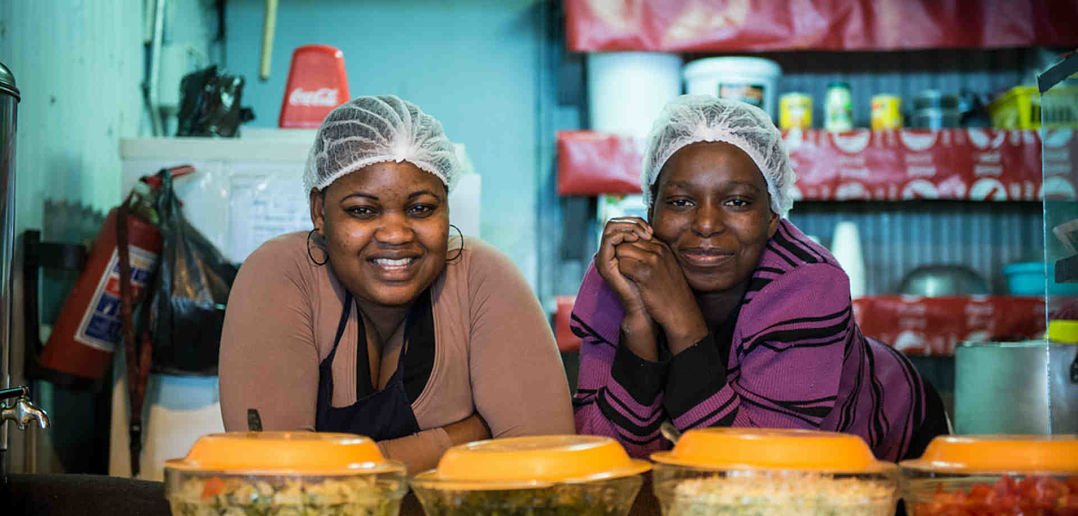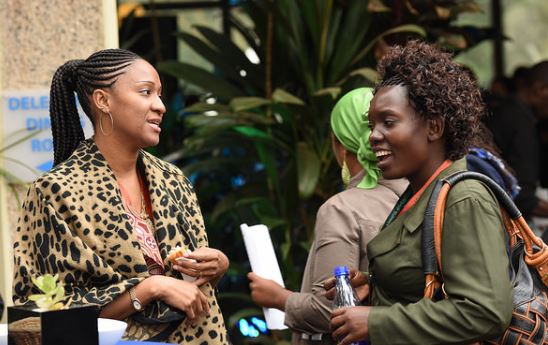A study by Oxfam Kenya last February found that a heavy and unequal responsibility of unpaid care and domestic work is borne by women and girls.

Oxfam commissioned the Household Care Survey (HCS) between October 2018 and March 2019 through its Women’s Rights Programme.
Its objective was to understand how Unpaid Care and Domestic Work (UCDW) impacts men and women, boys and girls at the household level.
The survey targeted five informal settlements of Kibera, Mathare, Mukuru, Kawangware and Korogocho in Nairobi County. The Household Care Survey found that women spend 11.1 hours per day on care work compared to men’s 2.9 hours per day.
Women’s opportunities
“Unequal distribution of unpaid care and domestic work between women and men, boys and girls, further limits women’s opportunities for economic empowerment and political participation. Reduction of unpaid care and domestic work for women would enable them to engage in productive activities linked to improvements in their livelihoods,” the report says in part.
The Kenyan National Bureau of Statistics validated the findings last week.
A survey on Socio-economic Impact of Covid-19 on Households done by Kenya National Bureau of Statistics found glaring disparities between women and men regarding unpaid care and domestic work in homes.
For cleaning and maintaining their own dwelling surroundings, women accounted for 64.5 per cent compared to men at 45.3 per cent. When it comes to caring and instructing children aged 6-17 years women command 52.7 per cent compared to men’s 39.2 per cent.
Instructing children
On food and meals management and preparation, women again lead at 44.2 per cent compared to men at 24.2 per cent.
Regarding caring and instructing children aged 0-5 years, women take the lion’s share accounting for 40.5 per cent to men’s 32 per cent.
On caring for dependent adults aged 18-59 years, women are at 34.7 against men’s 30.5 per cent. Women also lead at 18 per cent with men being put at 16 per cent on shopping for household and family members.
They also spent the most time caring for dependent adults aged 60 years and older at 11.7 per cent while men spent 10.1 per cent.
Gender insensitive
Eva Komba, a Gender and Development expert says as long as unpaid care work remains unquantified, unrecognised and unpaid, it will continue to be gender insensitive as far as gender equality is concerned.
“Nationally, the struggle has been around quantifying and attaching value to care work largely contributed by women, and it’s high time this is sorted out otherwise we will continue to undervalue and overburden women,” says Ms Komba.
Huge disparity
She notes that there is a need for employers to consider the existing huge disparity in the gender pay gap between men and women when hiring.
Out of the respondents who worked for at least one hour during the seven days preceding the survey period, 55.9 per cent were aged 35-64 years while those aged 25-34 constituted 33.8 per cent and those aged 18-24 constituted 10.2 per cent.
Almost half (48.5 per cent) of the respondents were working employers while slightly more than a third (35 per cent) were paid, employees.
About four out of ten males were in paid employment compared to about three out of ten of the females.
Budget policies
To deal with these issues, Oxfam proposed a raft of recommendations for government, media, the private sector, civil society and citizens.
They include the development and inclusion of gender-responsive budget policies that recognise unpaid care and domestic work in citizens’ lives.
The organisation also recommends collaboration among diverse stakeholders, including religious leaders, the private sector, the media and government to develop evidence-based social norms interventions that encourage men to share responsibilities for unpaid care and domestic work.
“Government should also invest in public services, social protection and infrastructure to reduce long hours of unpaid care and domestic work for women and the related negative health impacts and opportunity costs. It should also carry out evidence-based policy advocacy that will allow freeing up women’s time and allow more women to participate in social, political and economic life,” Oxfam’s recommendation reads in part.
Oxfam also recommends for the development of public communications, advertisements and public service announcements that positively reinforce men’s roles in caring for children and families
Public and private institutions have been asked to make provision for care supporting services and spaces in meeting and workplaces, for example, breastfeeding spaces and child care facilities.

